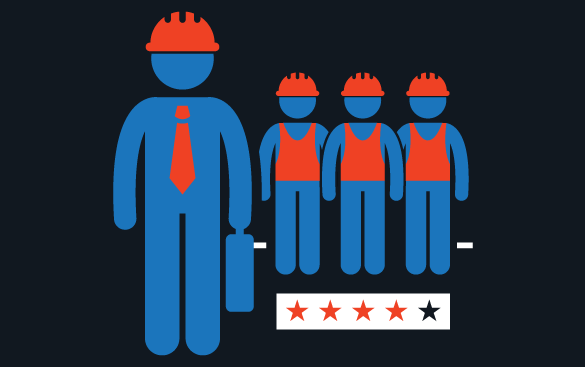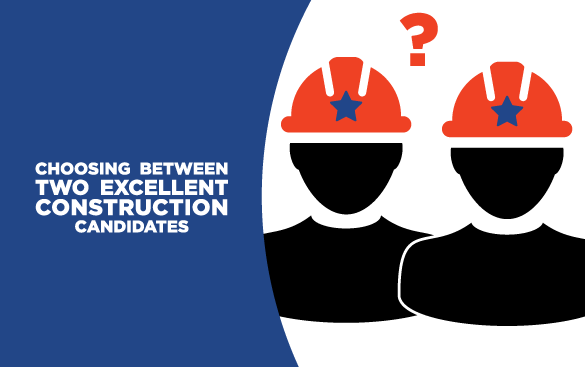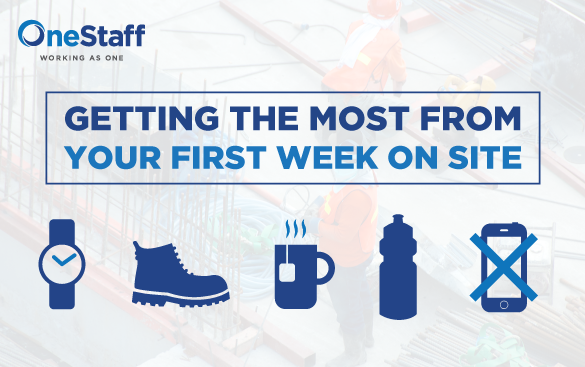Constructive feedback is one of the most valuable tools any manager can give to their employees, but it can also be one of the most difficult to get right. When delivered correctly, feedback will reinforce good conduct, address areas for improvement and drive higher performance and engagement. However, when feedback goes wrong, it can have the opposite effect. To help you deliver it in the most constructive way possible, here are our tips for giving effective feedback onsite.
Build a Trusted Relationship
Trust is an integral part of any functional relationship, and even more so when it comes to providing valuable feedback. Staff need to see you as a reliable source of advice and believe that you have their best interests at heart when it comes to their development. This is why it is critical that a good working relationship, based on a foundation of respect and positive rapport, is established well ahead of time.
When giving constructive feedback, it is important to remember that everyone handles criticism differently, so the delivery will need to be tailored to the individual’s personality. Additionally, ensure all feedback is given in privacy, particularly when onsite. Not only is it more respectful, but it helps prevent the recipient from getting defensive and thus makes them more receptive to the advice.
Be Specific and Focus on Behaviours
When considering how to give feedback, be it positive or negative, being vague or too general won’t help anyone. Remember that it should be specific and focused on the behaviours that need to be reinforced or corrected. Be objective and stick to the facts, as well as provide a concrete starting point for improvement. The moment someone thinks they’re being attacked, the opportunity for meaningful discussion will likely be lost.
Also, when potential issues are uncovered, be sure to address them as soon as you can, rather than saving everything up to deliver in one conversation. This ensures the feedback is timely and relevant, whilst preventing it from being perceived as a personal reproach.
Make Feedback Actionable
Similarly, constructive feedback is something that can be readily acted upon by the recipient. This means they should know exactly which behaviours they should continue and what they should change to improve their performance on future projects.
However, even though the feedback should be targeted enough to facilitate actionability, some people may need further support to identify what immediate steps they should take. Consequently, it is a good idea to work alongside the employee to create a plan of action. This partnership gives them an active role in their own development and ensures they understand what they must do to progress.
Listen and Engage with the Recipient
In the Construction and Industrial sectors, the importance of constructive feedback cannot be over stated, but it is key to remember that giving and receiving feedback should be a two-way exchange. This means that the person receiving feedback should be given the opportunity to respond to the critique and explain their point of view. Ultimately, it comes down to listening. In addition, being an active listener is essential for getting the greatest benefit from feedback and maintaining a good relationship afterwards.
Their response can also shed light on the situation. Is it out of character? If that’s the case, there could potentially be something else going on at home that is affecting their performance at work.
Summary
Providing helpful and constructive feedback can be a challenge, but getting it right can drastically improve performance and drive project outcomes. By keeping the critique focused, recognising effort, ensuring it is actionable and listening to the recipient, managers will ensure they are working in partnership with the employee to make changes and maintain a healthy relationship in the process.
For more advice on managing your onsite team or for support with your Construction recruitment needs, get in touch with the team.










